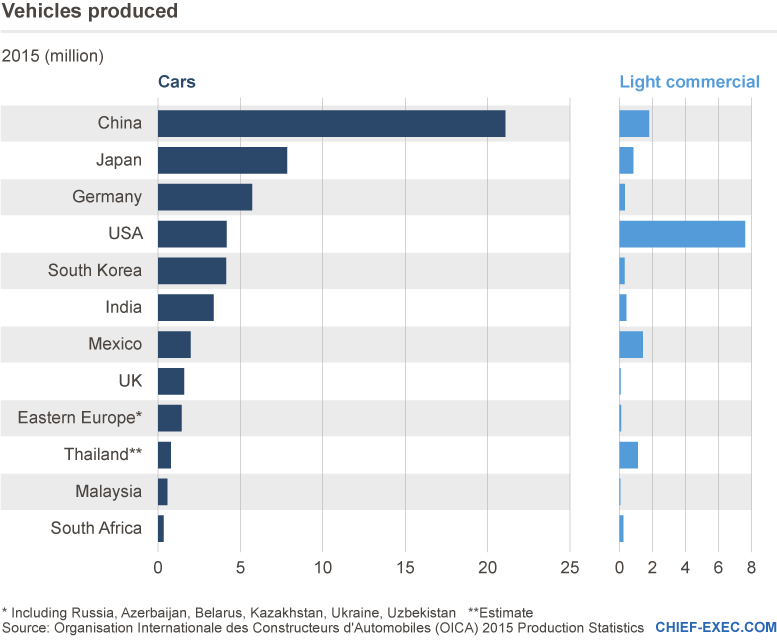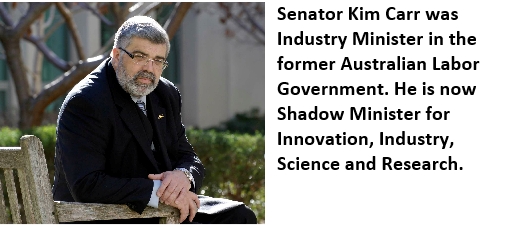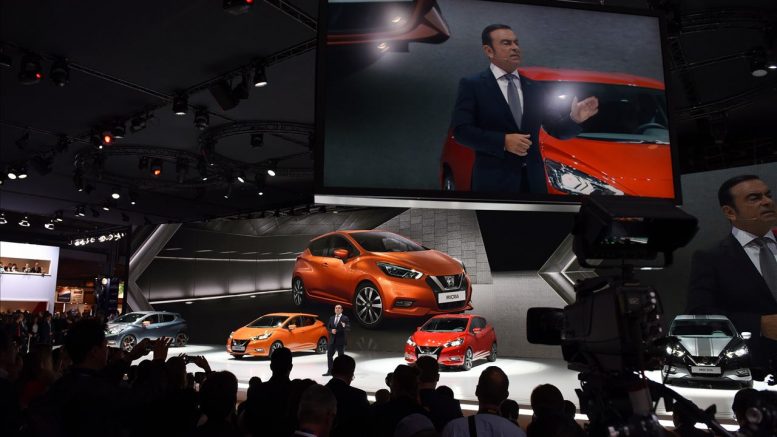The UK Government’s announcement that Nissan will build two new vehicle models at its Sunderland plant, saving thousands of jobs, combined two persistent themes of political engagement with the automotive industry in industrial democracies.
First, the announcement confirmed the special contribution of the industry to creating employment and to stimulating investment and innovation in advanced manufacturing generally.
And second, it showed unintentionally that the industry is too important for policymaking to be conducted on an ad hoc, opportunistic basis.
Countries with long-term, successful auto industries typically have a strategic plan through which assistance to the industry is provided. Agreements between governments and manufacturers will be negotiated under terms laid down in the plan, and open to the scrutiny of legislators and the media.
By choosing to go down the ad hoc route in his dealings with Nissan, Business Secretary Greg Clark invited criticism he could have avoided.
It is understandable, in the anxious and uncertain political climate generated by the Brexit referendum, that a UK Government will seize every opportunity to assure voters that Britain has a bright industrial future.
The mood of anxiety, however, is all the more reason why voters won’t be reassured if negotiations between the Government and a manufacturer have been less than transparent.
Even in a crisis, transparency matters. To cite a well-known example, the Obama administration poured $80 billion into the US auto industry when it faced collapse under the onslaught of the global financial crisis in 2008.
That bailout is credited with saving more than a million manufacturing jobs across the US, and President Obama was able to retain the trust of American voters while implementing it.
There should be no mystery in the willingness of governments to invest in national car industries.
In every country that has one, the industry is a crucial multiplier of economic activity and generator of technological change.
It is not a rust-bucket industry: a typical modern car contains 250 microprocessors.
Nor is it an industry defined by the use of fossil fuels. The development of alternative forms of propulsion and energy storage has emerged from the industry itself, and some of the technologies arising from this research, such as the Tesla battery, have the potential to transform daily life in ways that go well beyond personal transportation.

Without automotive manufacturing, modern life would be inconceivable. Among the G20 nations, only Saudi Arabia does not have a car industry – although next year the Saudis will be joined by Australia, where the governing conservative coalition has goaded General Motors and Toyota into announcing the shutdown of their operations.
The Australian government’s actions are a catastrophic misjudgement, and reflect the fact that the strength of free-trade ideology among policymaking elites in Australia and New Zealand make these countries exceptions among industrialised nations.
Elsewhere in the world, governments pay lip service to free trade but rarely feel bound by their rhetoric when the survival of strategically important industries is at stake.
The US, for example, applies a 25 per cent tariff to imports of pick-up trucks, which are a mainstay of the national industry and something of an icon in rural America.
China, now the powerhouse of global manufacturing, has no qualms about applying tariffs, import restrictions and direct assistance to support its own emerging car industry.
Judged simply as investments, the various forms of assistance that governments provide to local car industries more than repay what is allocated from public funds.
In Australia, as the former CEO of General Motors Holden, Mike Devereux pointed out, for every $1 contributed by taxpayers more than $30 was generated in economic activity.
Comparable figures could be cited for other countries. In the US, the revival of the auto industry under the Obama administration has become the chief symbol of the revival of the economy generally.
US car sales reached record levels in 2015, up 5.7 per cent from 2014. Sales are expected to flatten in the next two years, but that is a normal cyclical pattern. The crucial point is that an industry that only a few years ago had been expected to be overwhelmed by foreign competitors is now thriving.
In the EU, car sales have also risen since the financial downturn, growing by 9.3 per cent in 2015, although the weakness of some national economies within the EU, such as Greece, Spain and Italy, has meant that this growth is not uniform.
In China, the increase has been even greater. In September, the Chinese Government reported that car sales were up by 32 per cent from the 2015 figure.
The connection between flourishing auto industries and the prosperity of industrial economies is well-established, and the argument of ideologues that public investment in these industries is a net cost to taxpayers has been thoroughly confuted.
What matters is whether governments have in place the strategic plans that explain to taxpayers what their contribution helps to deliver – in the product, in jobs, and in the skills base of the economy.
At a time when all democracies are experiencing rising levels of alienation, that is not only an investment in dollars. It is an investment in the trust that binds communities, and nations, together.
By Kim Carr





